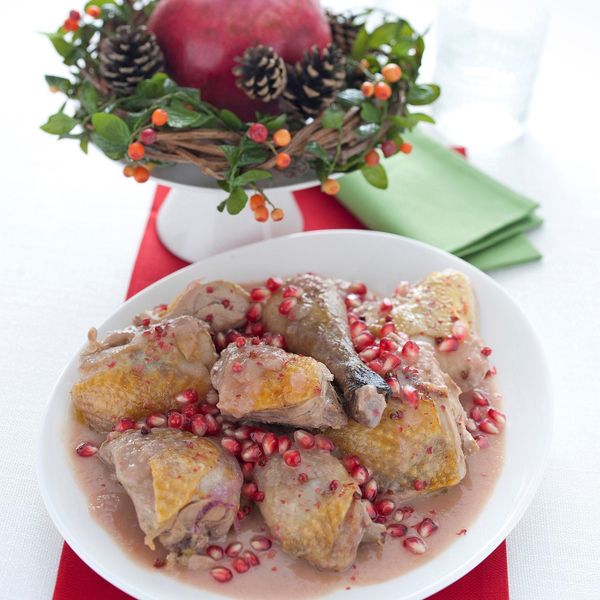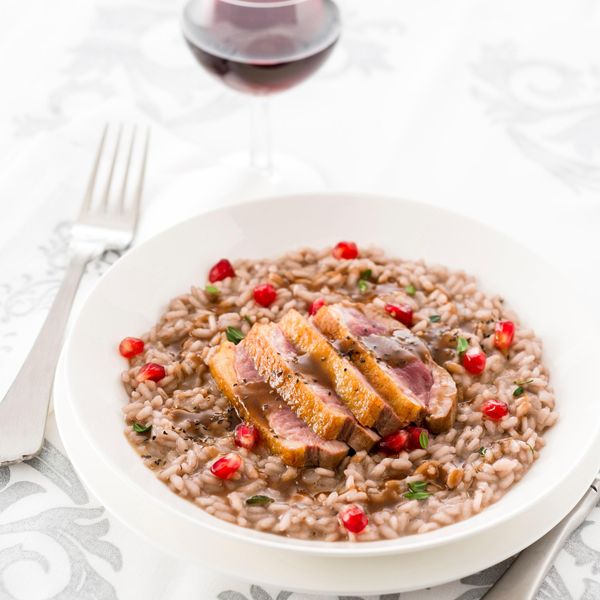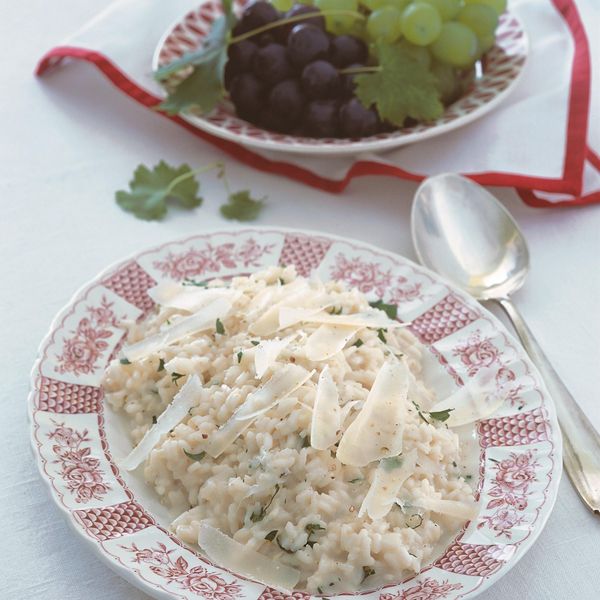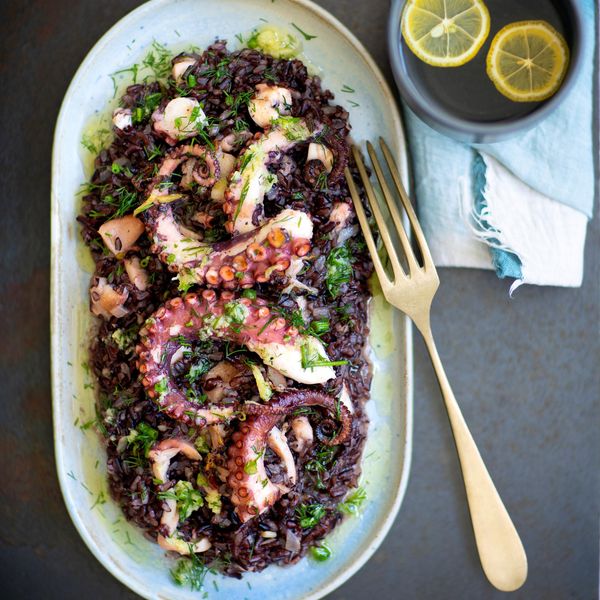Vinegar

Product obtained from the fermentation of wine . During this process the ethyl alcohol present in the wine is transformed into acetic acid , thanks to the action carried out by some microorganisms. The alcohol content of the vinegar must not exceed 1.5%. Produced by large industry, vinegar can also be prepared at home , by adding a small amount of vinegar or "mother" (ie a microcolony of bacteria) to the wine which is taken from the bottom of a bottle of vinegar. The bottle should be left open for a month in a warm environment so that it can ferment.
Not everyone knows that vinegar is a valuable food for health. Thanks to acetic acid , which increases the secretion of saliva and gastric juices, it makes food (in particular fats) more digestible and performs a disinfectant action. Low-calorie , it is rich in vitamins (A and C) and mineral salts (phosphorus and magnesium) and has a slightly tonic action because it is a nerve food, which acts on the central nervous system like coffee. Useful bacteria whether it is common wine vinegar, balsamic vinegar or fruit, the production technique is the same: the fermentation of alcoholic liquids by bacteria (the Acetobacter ). These, in the presence of oxygen, transform the alcohol into acetic acid. Then rest follows.
Agro to be rediscovered white , red or rosé , the traditional wine vinegar must have a degree of acidity of at least 6%. The industrial one usually bears the wording "classic vinegar" while the most valuable products are defined as "quality". In reality, wine vinegar, once unavoidable on our tables, in recent years is less and less appreciated by consumers, who prefer the sweet notes of industrial balsamic (see below), now within reach of all budgets. There are also those who disagree and there is no lack of attempts to re-evaluate the classic condiment, starting with quality wines such as Barolo, Barbera, Moscato, Chianti, Champagne.
For example, the "Amici Acidi" project (amiciacidi.it), which brings together 5 producers who share a passion for a forgotten flavor and the desire to rediscover it. Of course, these are niche products, which are sometimes sold in spray packages: it doesn't take much to flavor vegetables or meats. Finally, the "flavored vinegars" are obtained from those of wine by infusing herbs or spices such as oregano, thyme, tarragon, garlic, sage, shallot, pepper and more.
Of the two balsamic ones, the homemade one matures slowly in the attics for at least 12 years. It is the traditional balsamic vinegar , produced with cooked grape must: syrupy, brown and shiny, with a sweet and sour and velvety flavor. With the same care it is made in the Emilian vinegar factories, packaged in 100 ml bottles and sold at a high price (from 40 euros upwards) as traditional balsamic vinegar of Modena (or Reggio Emilia) DOP. With a few drops it enhances the flavor of meats, vegetables, Parmesan and fruit and is very rich in mineral salts (calcium, potassium, iron, magnesium). To spend less, there is the Balsamic Vinegar of Modena PGI, now widespread on our tables, consisting of a mixture of must and wine vinegar. A panacea from apples.
The ancients already considered it an elixir of life and today the virtues of apple cider vinegar have been rediscovered. It is mineralizing, invigorating (it can also be drunk diluted in water), useful against heartburn and rich in vitamin B2, precious for nails, hair and skin. Little acid (5%), it is obtained from apple cider, preferably organic: it can replace wine vinegar for those who love delicate flavors. Fruit or rice.
Any gem for a connoisseur? Try the fruit vinegars , from raspberries to currants, from blueberries to cherries. They have low acidity and sweet and sour taste, they are suitable for vegetable and fruit salads but also for game and boiled meats. Honey vinegar is obtained from mead, an ancient alcoholic drink obtained from the fermentation of water and honey: rich in antioxidants and mineral salts, it is delicate and perfect for vegetables, shellfish, white meats and fruit. Finally, the rice vinegar, very popular in Japan for sushi and sauces, is light and suitable for marinated fish and seafood instead of lemon.
Did you know that:
1 Use vinegar to wash the vegetables and to preserve their color when you boil them
2. If the meat is tough and fibrous, soak it in the vinegar for a couple of days
3. Keep the fish in the fridge sprinkled with vinegar
4. add 2 teaspoons of vinegar to the boiled egg water so that the shells do not break






